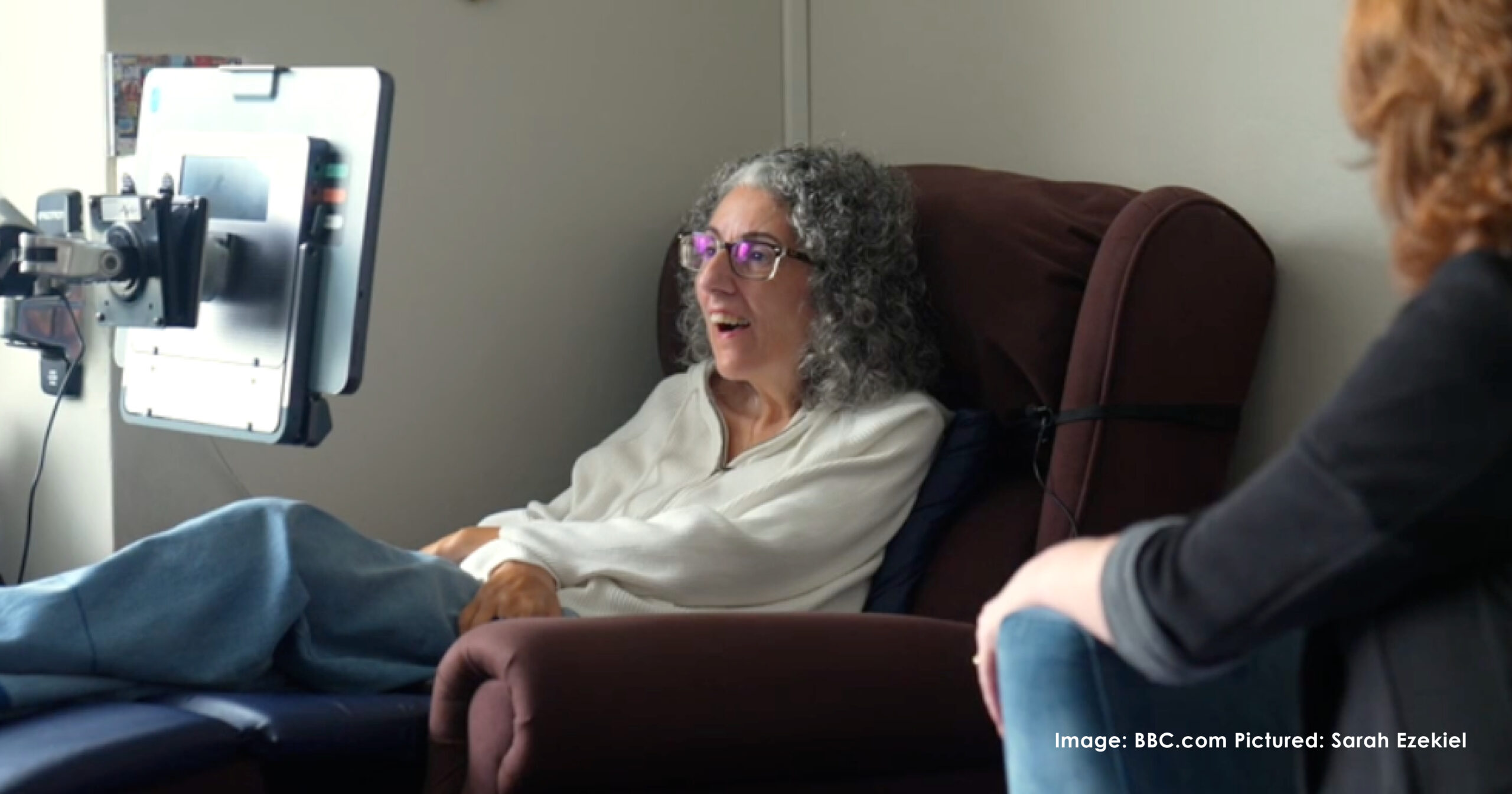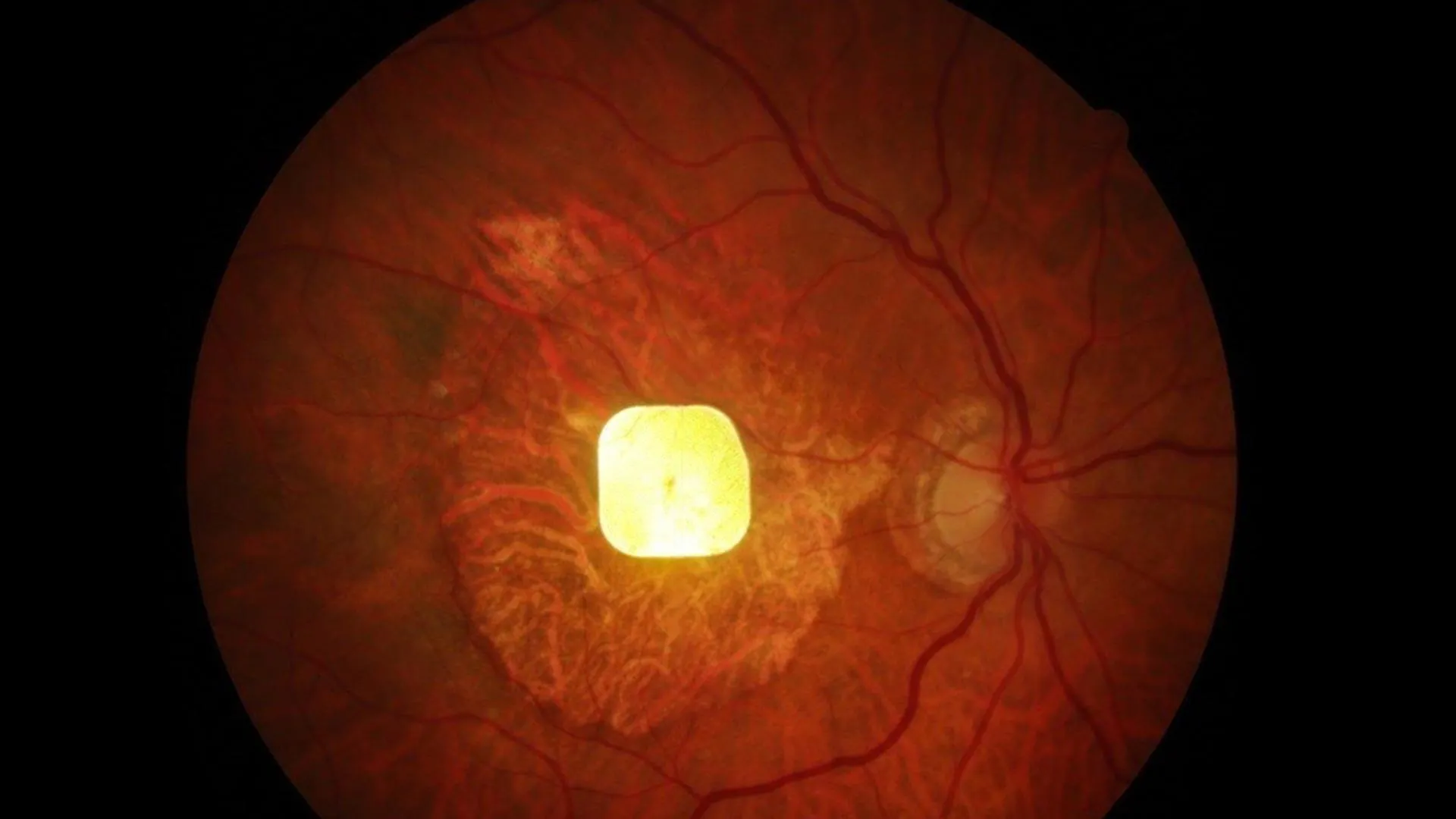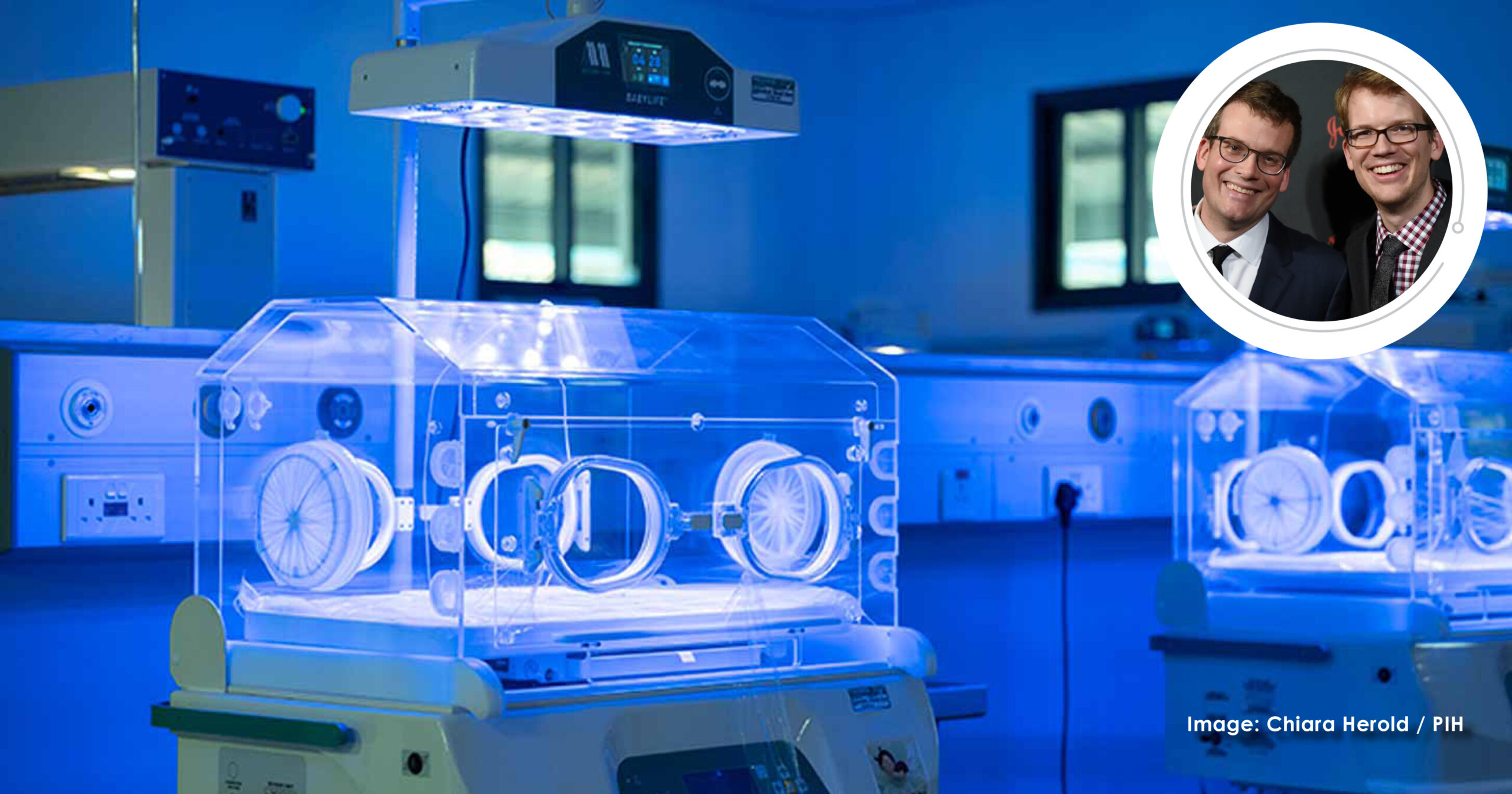Welcome to the Good News Roundup for August 25, 2025
After 25 Years, AI Helps Sarah Speak in Her Own Voice Again
When motor neurone disease left Sarah Ezekiel unable to speak, her children only knew her through a robotic voice. For 25 years, communication was limited to eye-gaze technology and synthetic speech.
Now, thanks to AI and just eight seconds of old audio, Sarah can hear her real voice again and so can her children. “After such a long time, I couldn’t really remember my voice. When I first heard it again, I felt like crying. It’s a kind of miracle”.
Listen to Sarah’s remarkable ‘new’ voice and read her full story here.
The Unexpected Upside of AI Companions
In another inspiring example of AI making a tangible difference, Hayley, 44, who is neurodivergent and lives with neurofibromatosis, is using the technology as a source of connection and support.
Forming and maintaining friendships has long been difficult for her, but over the past four years, Hayley’s AI companion has provided encouragement, companionship, and understanding, something she says has profoundly changed her life.
While experts continue to explore the ethical considerations and potential risks, the ABC highlights her story as a heartening reminder that meaningful connection can sometimes come from the most unexpected places.
Australia’s Beaches Are Cleaner Than Ever
Good news for beach lovers: Australia’s shores are nearly 40% cleaner than a decade ago. Coordinated government policies, community clean-ups, and smarter consumer habits have all contributed to this remarkable improvement.
From Perth to the Sunshine Coast, families and wildlife alike are enjoying the benefits. Cleaner beaches mean safer waters, happier marine life, and better experiences for everyone. While there’s more work to do, this progress shows how collective action can make a real difference for our environment.
Read the full story here.
Honeybee “Superfood” Could Help Colonies Thrive
To wrap up this week, scientists at the University of Oxford have developed a “superfood” that could give honeybees a major boost. In lab trials, colonies fed the supplement had up to 15 times more baby bees survive to adulthood.
The special mix gives bees all the nutrients they need, helping them stay healthy even when flowers are scarce. Wider trials are coming, and the food could be available to beekeepers within two years to potentially assist in overcoming some of the challenges currently facing these vital pollinators.



